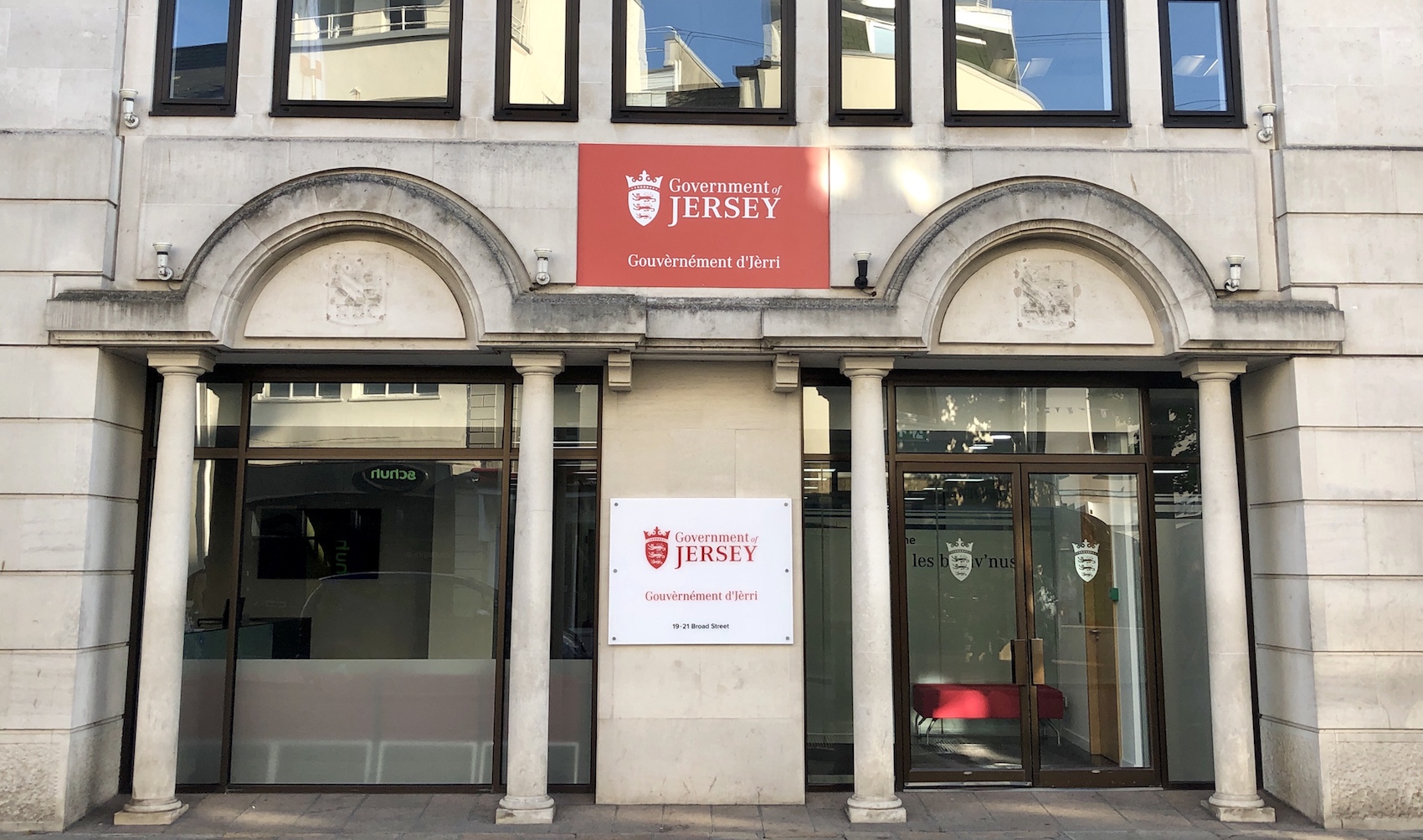


Speedier resolution of grievances about the island's Government via a new body appears to have moved a step closer.
At present, the public can only complain to a States Complaints Board which is made up of volunteers who are supported administratively by the States Greffe.
However, concerns have been raised about the seriousness with which some Ministers and their departments have taken this process.
Three years ago – at the conclusion of one case that took more than a year to be heard – the board's Chair, Geoffrey Crill, said he would be happy to see the board replaced with a body with stronger enforcement powers if the complaints process continued to be treated with what he described as "contempt".

Pictured: Concerns have previously been raised that the current States Complaints Board is seen as toothless.
The idea of appointing an Ombudsperson instead was suggested as long ago as 2000 in the Clothier Report into the Island's government, and was finally agreed by the States more than five years ago, but work was delayed by the pandemic.
As part of the Council of Ministers' '100 Day Plan' last year, Chief Minister Kristina Moore submitted instructions for new legislation to be drafted, and she has now secured the support of the Corporate Services Scrutiny Panel to introduce a shadow Ombudsperson ahead of the States debate into the law formally establishing the new role.
In a letter to panel Chair Deputy Sam Mézec, Deputy Moore said: "While the establishment of a shadow Ombudsperson would be consistent with [the 2018] decision of the Assembly, I think it is important to take soundings from current States Members as to whether they support the principle of acting on the decision taken in [2018] before we do so."
Deputy Moore gave a number of examples of tasks she said needed to be performed by the shadow Ombudsperson ahead of the formalising of the role in legislation, the detail of which the States Assembly will then be asked to approve.
These include: consulting on and drafting guidance, working with public authorities to update complaints handling processes, raising public awareness of how the Ombudsperson will perform their functions under the law, and recruiting and training staff.
Responding to the Chief Minister, Deputy Mézec said that his panel was supportive of the principle of setting up the Jersey Public Services Ombudsperson in shadow form to progress preparatory work ahead of the introduction of the new law.
But he added: "However, considering the importance to ensure the accompanying legalisation is suitably constructed, [the panel] wishes to emphasise that notwithstanding its support, [it] will not in any way be inhibited from undertaking very careful scrutiny of the draft legislation, once lodged, as a result of the office of the JSPO being established or any appointments being made in shadow form."
When the Chief Minister confirmed last year that instructions had been given to draw up the law to create the JPSO, she described its purpose as to "drive a higher standard of administration by our public services", providing islanders with the chance to seek redress where they had been let down.
The new law currently being prepared will require the Ombudsperson to publish their findings in an investigation report. Public authorities and complainants may appeal to the Ombudsperson to reconsider any part of their investigation reports, including their recommendations.
If, following an appeal, the Ombudsperson has reason to believe that a public authority will not comply with their recommendations, they may issue a further report, called a compliance report to be published and provided to the Chief Minister.
The instructions state that the Ombudsperson may then require the Chief Minister to present the compliance report to the States Assembly, nominating an appropriate Minister to make a statement to the States Assembly setting out why the authority has failed to comply with a report. States Members may then question the Minister on the report.
Rejection of the Ombudsperson's recommendations could give rise to judicial review proceedings on the basis that the public authority's decision to reject them was irrational.
“The sooner an ombudsman with effective power is brought in, the better”
Comments
Comments on this story express the views of the commentator only, not Bailiwick Publishing. We are unable to guarantee the accuracy of any of those comments.